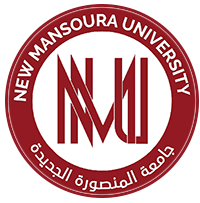
Loading...




The Faculty of Textile Engineering & Science seeks to become an important consultative center in the field of education and scientific research for the textile industry in the Middle East by 2030.
The Faculty of Textile Science & Engineering prepares qualified graduates both academically and professionally by providing educational programs that comply with the national and international standards to promote the textile industry, meet the needs of local and regional labour market, and contribute to the development of the society.